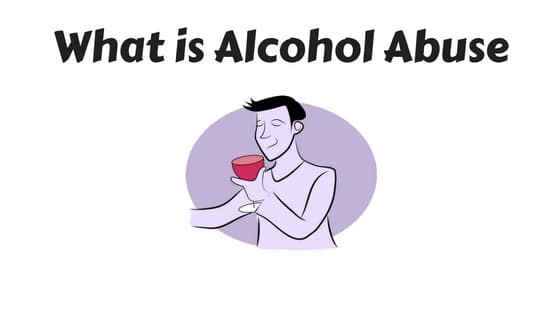
Alcohol is the second most popular drug in the world, ranking second only to caffeine, and is the most abused drug in the United States. More than half of the U.S. population considers themselves drinkers, and nearly half of those people binge drink at least on occasion. This ubiquitous nature of drinking and its place in Western culture are significant factors in its ability to plague more than 16 million American adults and nearly 1 million adolescents with an alcohol use disorder. More than 10% of U.S. children live in a household with a parent who struggles with an alcohol abuse problem; this may not come as a surprise considering, according to a study published in the Archives of General Psychiatry, that 30% of American adults have at some point in their lives met the criteria for alcohol abuse. It is more critical than ever to understand the effects of alcohol and the inherent risks of its consumption.
Each of these effects have the potential to be life-threatening. Reduced inhibitions greatly increase the chance of engaging in high-risk behavior, and when combined with impaired coordination and motor skills those risks are heightened significantly.
Fortunately there are many treatment options for those struggling with alcohol addiction. The needs of the individual and the severity of the addiction will determine whether inpatient or outpatient treatment is more suitable. Severe cases will often be recommended inpatient treatment, in which the patient stays 24/7 at the facility. Inpatient care is necessary when dependence on alcohol is high and the patient is at risk of medical complications due to withdrawal. Outpatient treatment is another option that usually includes types of family and individual counseling along with support networks and educational programs. Outpatient care is ideal for those who prefer to continue working or going to school while getting the help they need.
Meaningful discussions of LGBTQ+ and addiction must address the unique challenges faced by members of…
Alcohol abuse can put a person at risk for a broad scope of serious health…
In certain circumstances, stimulants such as dextroamphetamine and Adderall can help a person experience improved…
SMART Recovery is an alternative to AA and NA for people who are looking for…
One of the side effects of abusing meth is a noticeable change in the individual's…
Ambien was once hailed as a breakthrough medication. Then it became the subject of concerning…
This website uses cookies.